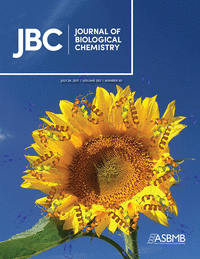 Last week, JAMA issued some unusual notices, letting readers know they should use caution when reading an editorial and letters associated with now-retracted articles by a bone researcher in Japan.
Last week, JAMA issued some unusual notices, letting readers know they should use caution when reading an editorial and letters associated with now-retracted articles by a bone researcher in Japan.
The notices — for papers by Yoshihiro Sato, now up to 14 retractions — remind readers not to heed the results of the now-retracted papers, and alert them to read any associated materials (specifically, an editorial in JAMA and letters in JAMA Internal Medicine) with caution.
The text of the notices describes them as “formal correction notices;” we asked Annette Flanagin, executive managing editor at The JAMA Network, why they chose that approach, instead of an expression of concern or retraction:
Continue reading JAMA tells readers: “Caution advised.” Here’s why.
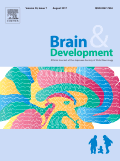 Publishing giant Elsevier has retracted an entire issue of one of its journals because the contents — abstracts from a conference about child neurology — were never supposed to make it online.
Publishing giant Elsevier has retracted an entire issue of one of its journals because the contents — abstracts from a conference about child neurology — were never supposed to make it online.
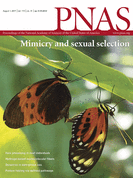 A once-prominent researcher in the field of infectious disease — who was found
A once-prominent researcher in the field of infectious disease — who was found 

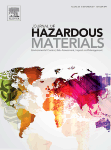
 Post-publication peer review isn’t just for scientists. Newspaper reporters can help correct the scientific record, too.
Post-publication peer review isn’t just for scientists. Newspaper reporters can help correct the scientific record, too. 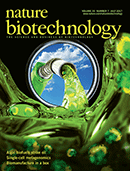 The author of a 2016 paper describing a potentially invaluable lab tool has retracted it, following heavy criticism from outside groups that could not reproduce the findings.
The author of a 2016 paper describing a potentially invaluable lab tool has retracted it, following heavy criticism from outside groups that could not reproduce the findings.